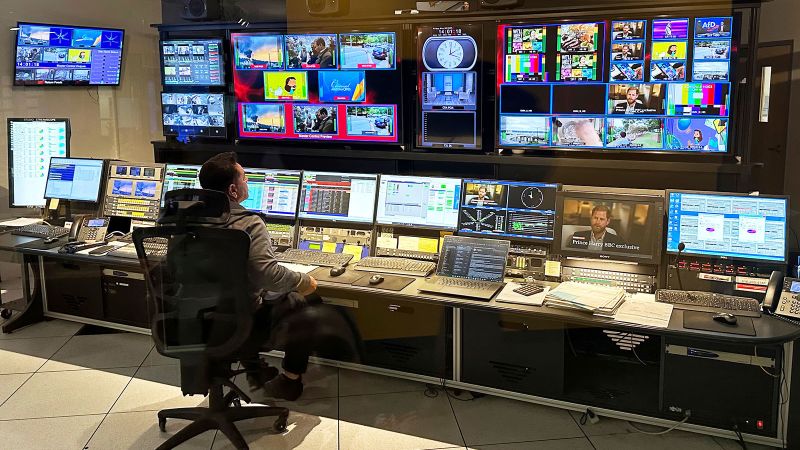Senate Poised to Vote on Sweeping Funding Cuts for PBS and NPR, Future of Public Media at Stake
Senate Poised to Vote on Sweeping Funding Cuts for PBS and NPR, Future of Public Media at Stake

Public broadcasting giants PBS and NPR are facing an imminent threat to their federal funding, with the Senate preparing to vote on a rare ‘rescission’ measure. This move aims to claw back approximately $1.1 billion already budgeted for public media, a decision that could profoundly reshape the landscape of non-commercial television and radio across the United States.
If approved, the cuts would target funding for the Corporation for Public Broadcasting (CPB) from October 2025 through September 2027. CPB, established by Congress in the 1960s, serves as the central conduit for distributing taxpayer funds to nearly 1,500 local radio and TV stations nationwide. While public media outlets rely heavily on private donations, federal support has historically formed the bedrock of their operations, with every public dollar generating nearly seven dollars from other sources.
The immediate impact of such cuts would vary. Larger metropolitan stations might be better equipped to absorb the financial blow through aggressive fundraising, but smaller, rural stations, often critically dependent on federal aid, could face severe budget shortfalls, potentially leading to closures. This could result in reduced programming, fewer local news resources, and a diminished capacity for educational content. Even popular shows like “Daniel Tiger’s Neighborhood” and acclaimed documentaries by filmmakers like Ken Burns could eventually feel the pinch as stations have less money to license content.
The push to defund public media is largely driven by conservative factions who argue against taxpayer support for a national media system and cite perceived political bias. Conversely, Democrats are vocally defending the system, highlighting its role in providing essential emergency information and objective reporting, particularly in underserved communities. Despite strong opposition, Democrats currently lack the votes to block the rescission package, leaving the future of PBS and NPR funding hanging in the balance.
Disclaimer: This content is aggregated from public sources online. Please verify information independently. If you believe your rights have been infringed, contact us for removal.